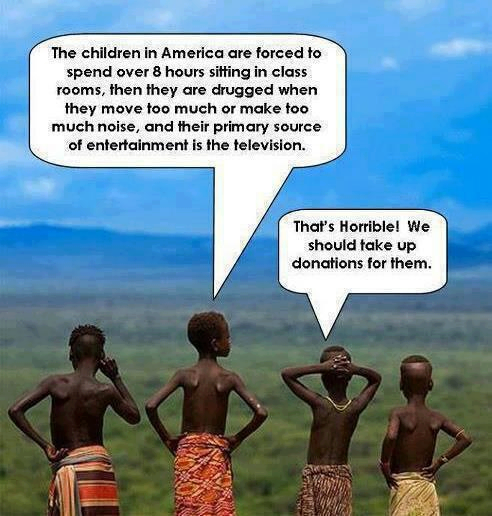Following tens of thousands of years of evolution, I have often wondered why we are not better equipped to deal with the difficulties that can be part of birth. That is, if everything has a purpose in evolution, I have often wondered why human mothers have to go through so much pain to bear a child. What is the purpose of that pain?
I don’t know that answer to that question, but the obvious answer to the physiological question is, of course, that our brains grew too quickly without a parallel physical development of the female body. But surely even the preservation of the species would have favoured some such development to make childbirth easier – and safer.
Whatever the reasons, one major success of our developed technological world has been the reduction in deaths of babies and mothers at time of birth.
A (high by modern standards) mortality rate at birth is a feature of hunter-gatherer societies, keeping down overall life-expectancy. However, hunter-gatherer mothers reduce the risk of death at childbirth not by clinical or medical means, but by having babies at longer intervals (4 – 5 years) than their early farming pre-industrial counterparts. These longer intervals are made possible by breastfeeding as long as the child needs to, with no force to wean onto solid food. This reduces fertility and some researchers’ opinions are that the constant hard physical work of gathering roots and berries also has this effect.
There is also the incidence of infanticide and/or allowing children who are thought to be non-viable to die so that stronger children would survive. This is abhorrent in our modern culture – though pre-birth infanticide – abortion of foetuses that are not viable – isn’t. And in fact, before we criticise hunter-gatherer societies, we need to remember that we civilised humans are very well practiced at getting rid of humans that we don’t want through violence, war, genocide and ethnic cleansing.
Much has been written about the parenting methods of hunter-gatherer tribes-people. When a child gets over the risky birth and infancy, and begins to grow and thrive, a notable aspect of the hunter-gatherer child-rearing is the level of trust that parents place in children in respect of their growth. The level of non-directivity in parenting is striking.
Most anthropologists will argue that it is this type of parenting that produces adults who are non-aggressive towards each other and treat each other kindly. And it also makes sense.
Recent studies of the brain challenge the dominant values in education in the Western World, i.e. 1): that children’s education is best achieved through fear, pressure and bribery, and 2): that constant competition, comparison and consumption will bring us long-term happiness.
Books, papers or blogs by Richard Lee and Darcia Narvaez are also worth reading if interested in the lives of our early ancestors, and here is an interesting article describing the rituals around birth and parenting among the Himba tribe in Namibia.
But in this short piece on child-rearing in hunter-gatherer societies, I’ll leave the last word to Elizabeth Marshall Thomas, who, in her book ‘The Old Way’ describes parenting in the Ju/’hoansi tribe in the Kalahari desert thus:
“Ju/’hoansi children very rarely cried, probably because they had little to cry about. No child was ever yelled at or slapped or physically punished, and few were even scolded. Most never heard a discouraging word until they were approaching adolescence, and even then the reprimand, if it really was a reprimand, was delivered in a soft voice. We are sometimes told that children who are treated so kindly become spoiled, but this is because those who hold that opinion have no idea how successful such measures can be. Free from frustration or anxiety, sunny and cooperative, the children were every parent’s dream. No culture can ever have raised better, more intelligent, more likable, more confident children”.

Above is a funny picture that I saw on the Internet which I think fits well with Elizabeth’s observations!
And staying with the colourful continent, perhaps the African proverb below seems to fit with the norms of hunter-gatherer societies when it comes to child-rearing, in respect of the Western World model:
‘The child who is not embraced by the village will burn it down to feel its warmth’
How many children in our world (and not only those from so-called disadvantaged families) grow into adults who behave destructively towards their own society?
